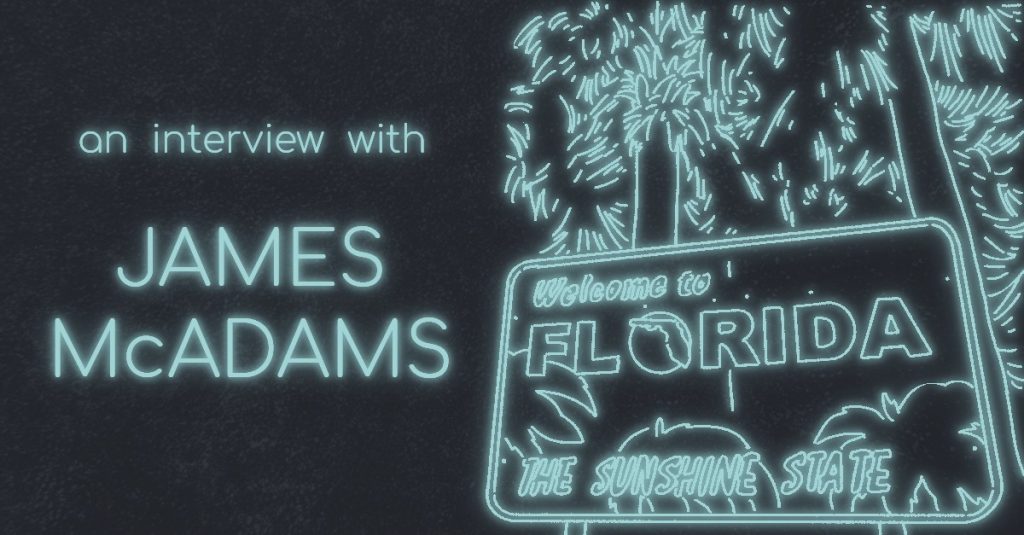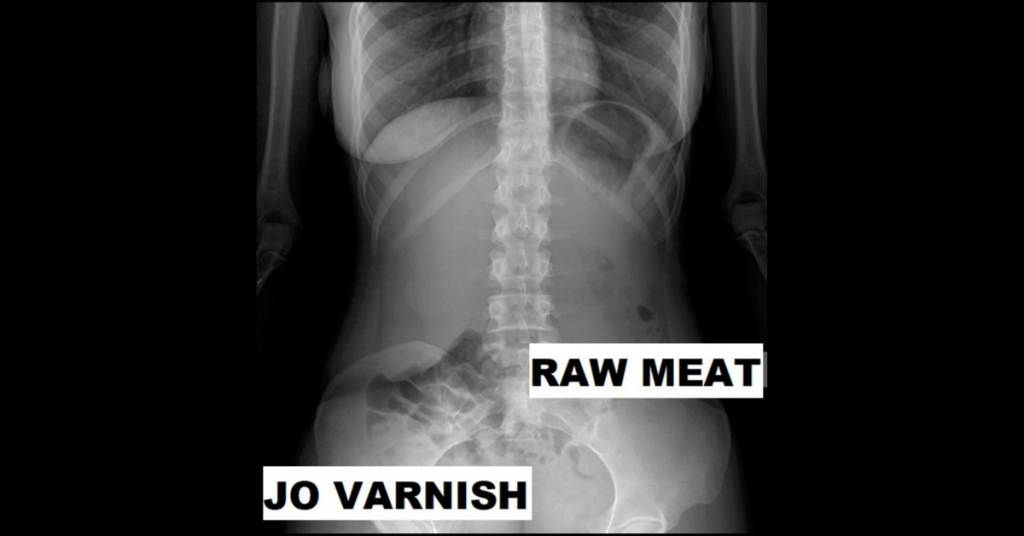
INTERVIEW WITH JAMES McADAMS by Jo Varnish
James McAdams’s Ambushing the Void is released this month by Frayed Edge Press. I caught up with him for a chat about his book, his writing process, and his inspirations. JV: Ambushing the Void is a collection of stories drawn together by themes such as relationships, loss, and nostalgia, and told through truly memorable characters. Professor Pankova and Teo are two of many that will stay with me. Did you draw from real life counterparts for these and other characters? JM: It’s pretty easy for me to look at a person, or read/hear about a person on a podcast or Tweet,…

